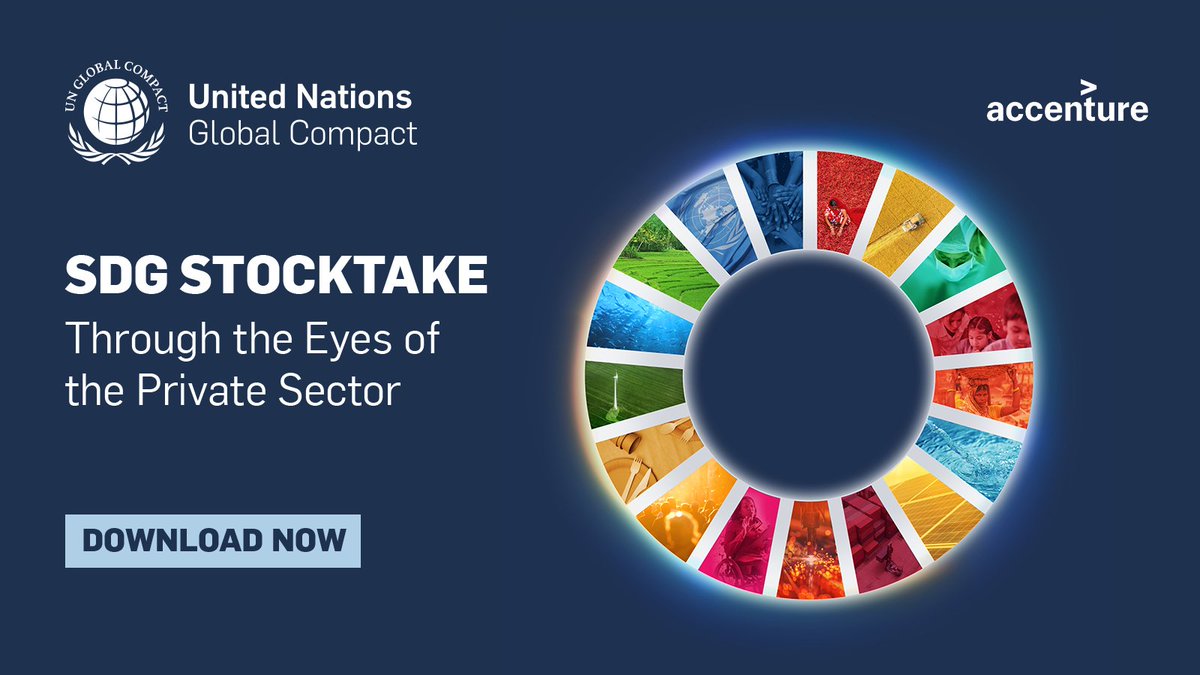Elsevier,
Principles and Practice of Pediatric Infectious Diseases (Sixth Edition)
2023, Pages 700-707.e2
This content aligns with Goal 3: Good Health and Wellbeing by emphasizing the predominantly outpatient care-based approach to the use of antiretroviral therapy (ART).
This content aligns with Goal 3: Good Health and Wellbeing by exploring the current tools that could eliminate HIV-AIDS as a public health threat through engagement in communities and expanding testing, implementing combined prevention for individuals at risk of HIV exposure, and providing optimal treatment to all positive cases.
The “contour smoothing” fractal analysis method can effectively examine cerebral hemispheres to detect and quantify age-related atrophic changes associated with normal or pathological aging. This method holds promise for clinical application in diagnosing neurodegenerative disorders, such as Alzheimer’s disease.
This study finds that pine nut peptide-zinc chelate improves Alzheimer's Disease (AD) in various ways which include (1) improving learning, memory, brain health, and gut balance in mice, and (2) treating cholinergic system changes, boosting cerebral antioxidants, and altering gut microbiota. Pine nut peptide-zinc chelate holds potential for AD therapy, requiring deeper mechanistic investigation.
This chapter advances the UN SDG goals 13 and 15 by reviewing the biodiversity of soil fauna, they key roles these taxa play in ecosystem functioning, and their importance in the context of climate change.
This chapter advances Goals 4 and 10 by discussing the relationship between human rights and archaeology. The relation between death, war and heritage is also discussed, as a fundamental concern of archaeology's theory and praxis that seldom turns out to be helpful to the public's concerns or needs.
This chapter aligns with Goals 6, 9 and 11 by detailing remote sensing for environmental considerations, water resource management, land use changes on urban heat islands, urban growth modeling and ecological monitoring
This article contributes to SDG 3 by developing predictive tools to improve clinical management of autoimmune hepatitis.
This article supports SDG 3 by highlighting the importance of hepatitis C elimination to prevent liver cancer in Latin America.
The United Nations Global Compact-Accenture Global Private Sector Stock take report report offers an appraisal of private sector contributions to the SDGs so far and outlines a clear pathway for private sector action over the next seven years.

